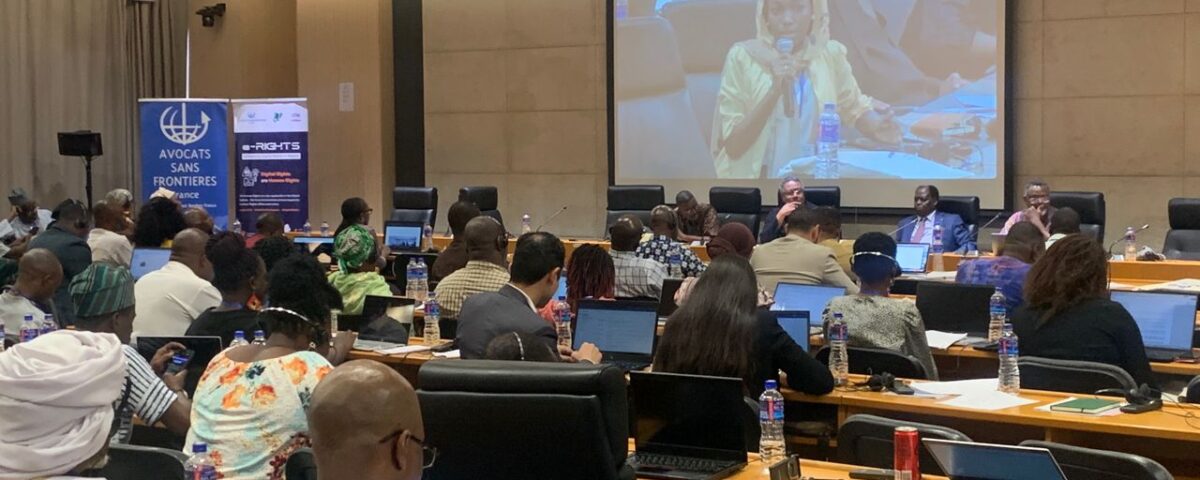The ongoing conflict in Sudan has highlighted the urgent need to address the underlying issues that fuel instability across Africa. Moderated by Ameir Suliman, the panel discussion on “Unraveling Conflict in Africa: Lessons from Sudan and Beyond” brought together key voices to examine the historical context, current challenges, and potential pathways to peace. Suliman criticized both the international community and the African Union (AU) for their inaction in the face of widespread human rights violations since the war began in April 2023.
Salih Mahmoud, Chair of the Darfur Bar Association, provided a sobering historical overview, noting that Sudan has experienced only brief periods of democracy since gaining independence in the 1950s. He highlighted that the country has been plagued by tyranny and dictatorship for over 58 years, exacerbated by its ethnic diversity—comprising nearly 500 ethnic groups—which has led to significant marginalization. Mahmoud emphasized that Sudan is undergoing an identity crisis, with conflicting views on its national identity. He cited the devastating consequences of past conflicts, including the 2003 war that resulted in over a million deaths and widespread sexual violence.
Mahmoud urged African institutions to take decisive action to address Sudan’s crises rather than waiting for external intervention. He called for collective efforts that extend beyond humanitarian aid, emphasizing the need for justice and accountability for those responsible for instigating conflicts. With 25 million Sudanese at risk of death due to hunger, he stressed that immediate action is essential.
Mohamed Badawi Mohamed, a Sudanese lawyer and monitoring expert, discussed the persistent issues plaguing Sudan despite various peace agreements. He reported that over 20,000 people have fled the country, with significant casualties and widespread reports of missing persons. Mohamed warned that if current trends continue, Sudan could fragment into four separate states.
Majod Maali, a human rights lawyer and Sudan Coordinator for Defend Defender, described Sudan as a complex nation with a long history of unconstitutional changes in government. He highlighted the prevalence of sexual and gender-based violence, calling for an African-driven accountability system to address ongoing human rights violations. Maali referenced the AU’s Constitutive Act, advocating for proactive measures to combat rights violations.
Participants’ Interventions
- A Sudanese refugee in Uganda shared experiences of discrimination during refugee registration, noting some refugees falsely claim South Sudanese identity to avoid bias.
- Another participant emphasized that Sudan suffers from deep-rooted issues like tribalism and racism, leading to widespread hunger and conflict.
- A participant from Mali stressed the importance of including women as essential partners in peacebuilding.
- A Niger participant warned that ignoring Sudan’s crisis could lead to broader regional instability.
- Imam Baba Leigh from The Gambia called for Africans to reclaim their identity and unite to resolve internal challenges through solutions grounded in African unity.
The panel underscored that addressing the root causes of conflict—such as racism, xenophobia, and discrimination—is crucial for sustainable peace in Sudan and across Africa. The lessons drawn from Sudan’s history highlight the necessity for inclusive peace agreements that engage all stakeholders while addressing underlying grievances. As conflicts continue to evolve, it is imperative for both regional and international actors to learn from these experiences to foster stability and protect human rights across the continent.


